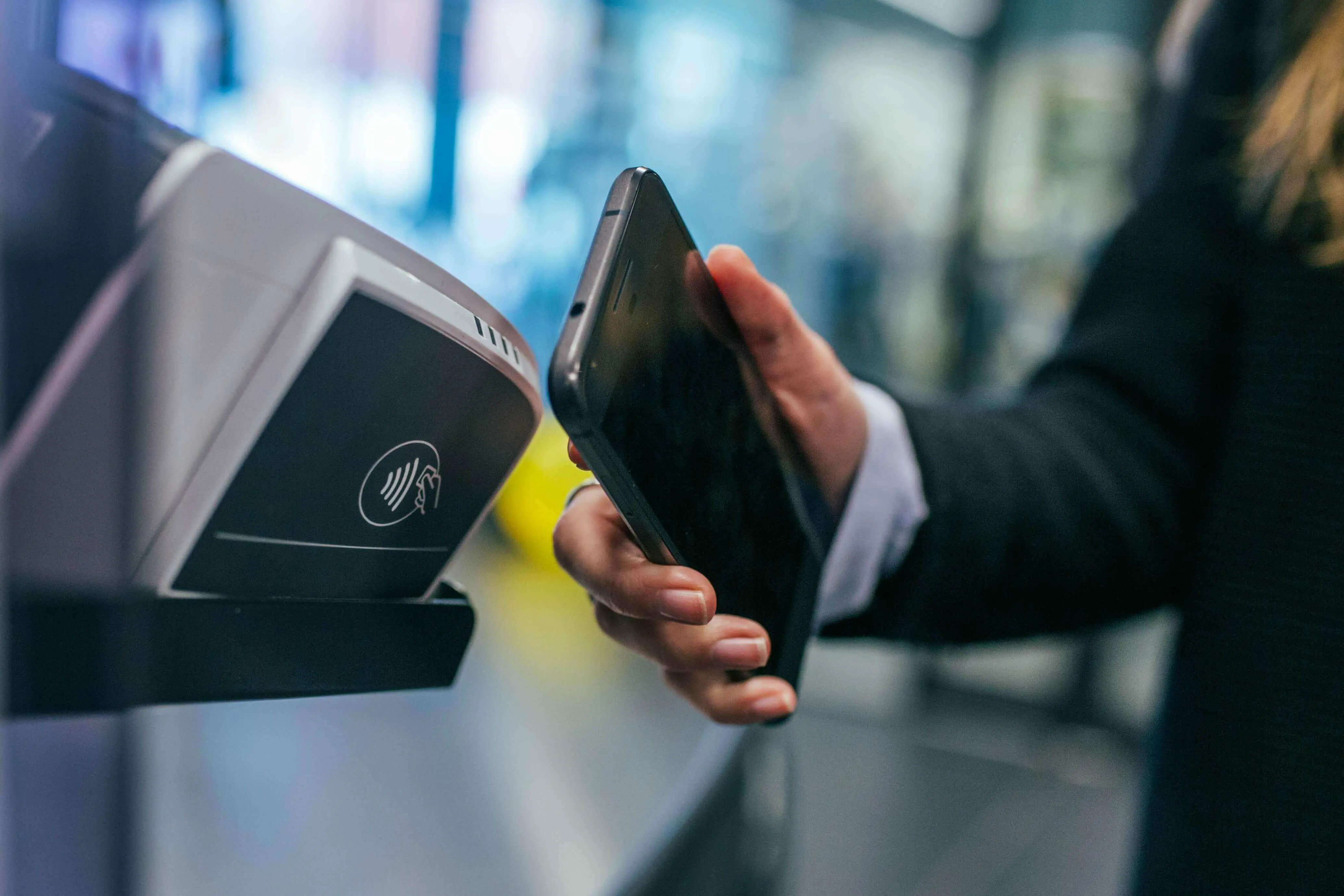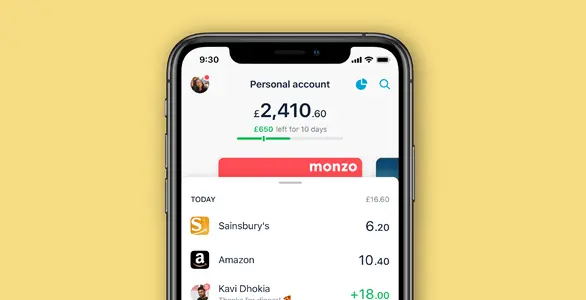

Once an accessible high street staple, popping into your local bank was as common as picking up your morning newspaper. But now that practically everything is online, we explore what Generation Z really needs from a mobile-only bank.
Generation Z is growing up in a world of rapidly progressing technology. Smartphones are a standard essential for anyone over the age of 10 and for many younger than that. For a large majority of Gen Z, the idea of needing to withdraw cash, write a cheque or visit a bank in person seems largely inconvenient. This change in user need is fueling the development of online banking apps that take away the effort historically needed to handle your finances.
Off the back of this, mobile-only banks such as Monzo, Starling and Revolut emerged. The effortless solution to banking. But if the world is going to adopt this ‘revolutionary’ approach, how can we make it that much better for the future of our planet, Generation Z?
The primary reason that mobile-only banks are advancing so quickly is simply the convenience. The ability to create and manage a bank account without any personal interactions sounds like the ideal for anyone my age. But many of these features aren’t exclusive to mobile-only banks, high street banks aren’t too far behind. So what makes mobile-only banks different?
In my mobile-only bank account I can change personal details like my address, email, and phone number in a few taps. Whereas, to change my address with my high street bank, I need to personally attend a local branch and wait in line. In addition to this, my local branch is closed all weekend and opens 9:30am–3:30pm during the week. If you work standard office hours, good luck ever changing your address! And if you add lockdown into the mix and you’re remote working, not having a branch of your bank close to home might mean a journey on public transport into a heavily populated city centre, which everyone wants to avoid as much as possible.
A big issue in the UK education system is that children are not taught how to budget and save their money effectively. The proportion of young people relying on payday loans and pawn shops has increased massively, as explained in a Forbes article from earlier this year. My mobile-only bank has a simple solution to budgeting money – it allows you to set a total budget for the month and then smaller budgets for different categories of spending. It then gives you statistics on how much money you have left for the month and what you’re spending most of your money on. This visibility of expenditure helps solve the problem many people face where they’re just mindlessly scanning a card or their phone and not taking note of how much they’re spending. When researching, I couldn’t find any high street banks that offer anything vaguely similar to this feature.
As a front-end developer, I’m enthusiastic about the look and feel of my apps. Honestly, I think it was a key factor when choosing a mobile-only bank. In comparison to UK high street banks, the UI and UX is outstanding! The bright colours take the boring out of banking, the way the data is organised makes it easy to digest and the variety of icons besides simple well-worded descriptions make it fool-proof.
A big restriction of managing your finances through a mobile-only bank is that they’re only accessible through your phone. Like many other Gen Zs, I’ve broken too many phones to count, only to be left with a Nokia brick built before I was even born. It’s unrealistic for most of us to head to the phone shop and buy a new one the moment it happens, but without a mobile you have no access to your money.
And on top of this, for the few of us who still get cheques from their grandparents for Christmas, there’s no method of depositing them. Currently my mobile-only bank’s cheque depositing process is to mail it to them, which is insanely inconvenient, not to mention time-consuming. I’ve had enough of the long wait for my Christmas money to come through, especially in time for the January sales! However, my high street bank has recently introduced a feature that solves this issue completely. You can scan cheques with your phone camera. It amazes me that this is a relatively normal feature for high street banks’ online services now and is something that mobile-only banks are only just getting on board with.
But.
Technology should improve your life, not become your life.
Billy Cox
We don’t want to have to rely completely on technology to do simple tasks that could be done in person. There are many people, including me, who wouldn’t ever consider depending on a mobile-only bank because they could never visit a branch if they wanted or needed to. Whether they enjoy the experience, find it more trustworthy when speaking in person, find it easiest to just pop in on their way home or even feel like they get better rates in person; it makes sense. Some of us just want to speak to a real person. As the coronavirus pandemic took hold, all of us have begun to understand the importance of human interactions and their effect on our mental health.

We want a bank that is always accessible.
We want a bank that gives us clear visibility of our money.
We want a bank that helps us budget.
We want a bank that is educational.
We want a bank that is easy to use.
We want a bank that has real people.
We want a bank that we can deposit cash/cheques safely.
I don’t think anyone has created the ‘perfect’ bank yet, I’m not sure if it’s possible. Technology will never stop creating new possibilities so every generation’s expectations will continuously evolve too, and user demand will respond to whatever innovation meets their needs the most.
Personally, I think that mobile-only and high street banks each have their own benefits which work well in conjunction with each other. So, if I were to suggest the best choice, I would have to say you need both at the moment. Which is pretty inconvenient, I know. The first bank to offer the best benefits of both high street and mobile-only banks is surely going to be the market leader.
If you’re thinking about how to improve your website’s user experience, get in touch today.